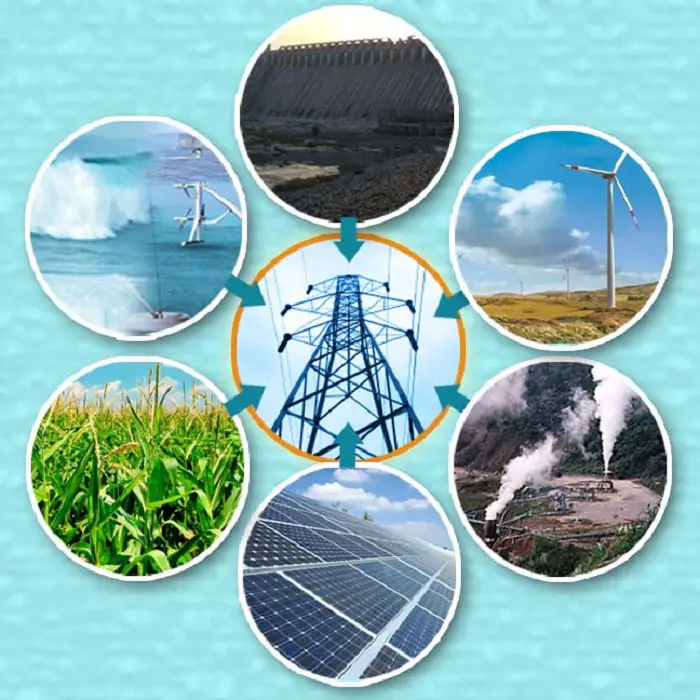At the TXF Africa Trade Finance Conference in Nairobi, Kenya, chaired by Frances Okosi, the role of renewable energy in generating Africa’s power was the topic of discussion.
This event brought together senior participants in trade finance including development finance institution, commercial banks, state-owned enterprises, corporate borrowers, electrical contractors associations and developers.
The African Development Bank’s ‘New Deal on Energy for Africa’ has set as its target universal access to electricity across Africa by in less than ten years to come. To achieve this target, they believe 160 GW of new on-grid generation and some 75 million new off-grid connections will be needed, through a mix of conventional and renewable energy sources.
The panel discussion focused on how much renewable energy can contribute towards meeting those goals. The panel considered that renewable energy offers so much promise across Africa.
The abundance of renewable resources across Africa presents the most obvious and compelling answer. Africa is richly blessed across solar, wind, hydro and geothermal technologies. Africa has over 110 GW of wind potential 350 GW of hydroelectric potential, 15 GW of geothermal potential and an additional 10 TW of solar potential.
Renewable energy can also play a big part in reducing the cost of power across Africa. Compared to the cost of small-scale and domestic kerosene or diesel-generated power, used widely across the continent, renewable energy can offer a cheaper and better alternative.
The AfDB’s paper notes that a woman living in a village in northern Nigeria spends around 60 to 80 times per unit more for her energy than a resident of New York City. Even with the advances in renewable energy technologies, there is competition between renewable energy and conventional energy sources from a pricing perspective.
A major advantage was noted to be the speed and flexibility of off-grid renewable energy solutions. The development of pay as you go was discussed as the renewable energy generation for domestic use across the continent.
The entry-level units generate enough power to charge mobile phones and provide basic lighting.
In many instances, currently renewable energy may not be able to fully meet basic load requirements but significant advancements are being made in technologies, particularly around increasing renewable energy storage capacity, and capable of adjusting generation capacity from multiple sources as the need arises.
In conclusion, according to Okosi, “renewable energy will have a major role to play in meeting Africa’s power deficit”.

Leave a Reply